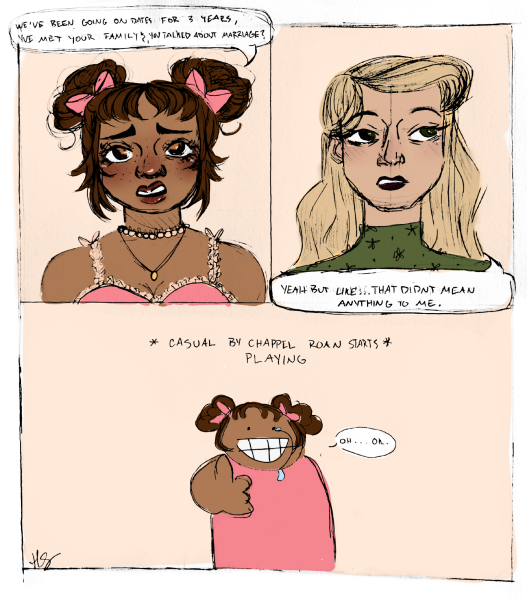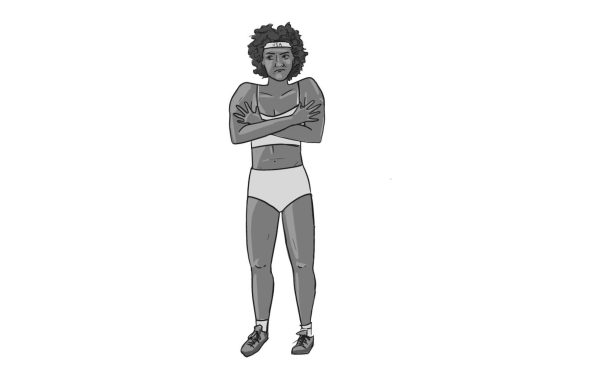He Who Must Not Be Named
November 29, 2018
Sometimes I feel as though on Nov. 8, 2016 I stepped out of my progressive, Obama-loving American reality and into J. K. Rowling’s ingeniously compelling fantasy series featuring a young man named Harry Potter, where wizards take on issues of genocide, racism and at times even government corruption. Though there are many compelling parallels between this fantasy world and our reality, Rowling touched on one specific seemingly minor but incredibly important facet of international politics — the power of a name.
In the Harry Potter series, the enemy throughout the seven books is a snake-like dictator and murderer often referred to as “He Who Must Not Be Named,” and alternately “You Know Who.” In 2018 America, of course, “You Know Who” has begun to take on an entirely different meaning. Our president has become a meme, is often the butt of a morbid joke about our country and is also the instigator of hate crimes across the country. So why is it that so many of his constituents, including many of my friends, family and numerous celebrities and talk show hosts, can’t even bear to say his name?
At first I thought that refraining from saying his name made him somehow less real. If we never spoke the dreaded five letters in that exact order he might possibly cease to exist at all. If I don’t speak of him, maybe the bad man will go away. But this leads to an erasure of the pain and suffering his actions have caused, and ultimately acts as an excuse to remain apathetic. Not thinking about him and not speaking his name will not make him disappear. In fact, as any good therapist would tell you, ignoring the problem will only make it worse.
Therefore, I’ve decided I have an entirely different motive for avoiding his name. Words are powerful, and even more powerful is the amount of time I talk about someone or something. By talking about someone at length, I am, in a sense, letting them take up space and time that could be used to focus on people who are actually working to solve the complex issues we face during this period of intense and frustrating political gridlock.
In a time when the mentality of “us” versus “them” has become integral to our understanding of both Democrat and Republican mentalities, we can either choose to widen the rift or look past it to deeper issues. It has become, not a question of which political party I belong to, but what I will do when my friends and family, women and men, immigrants, school children, people of color, the queer community and all those oppressed by our government are disrespected and disenfranchised, when people’s lives are in danger, when a journalist is brutally murdered and President Trump spares him not even one respectful jowl wobble. I’m finished talking about You Know Who — I’d like to discuss solutions, not problems. I’m not going to give him any more space in my vocabulary. We need to make room for real politicians, for real people who know what compassion is, and who know how to use it to lead a country. For example, one should only have to say the name Alexandria Ocasio-Cortez in order to instantly gain our full attention.









